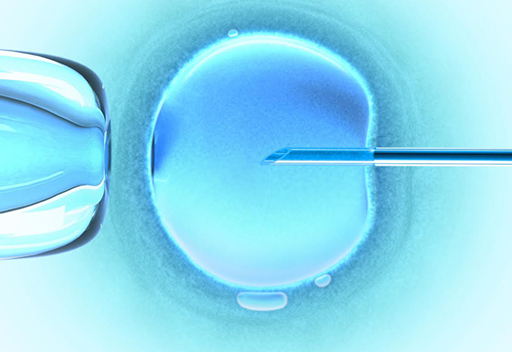About Intracytoplasmic Sperm Injection (ICSI)
ICSI is another form of IVF whereby a single sperm is injected into each mature egg by a qualified embryologist, using a special instrument called micromanipulators. Instead of the conventional method by mixing both sperm and egg in a test tube. ICSI is used when sperm quality is too poor for conventional IVF. this allows almost any man with sperm, either in his semen or in his testis, to have a higher chance of success in IVF.

ICSI procedure is performed for the following conditions:
- Low sperm count
- Unexplained fertilisation failure by conventional IVF or poor fertilisation in previous IVF cycles
- Severe structural abnormalities of the sperm
- Low sperm motility or no sperm motility such as Kartagener’s Syndrome, an inherited condition where defective sperm tail that hampers tail movement.
- Epididymal or testicular sperm obtained from azoospermic males (no sperm present in the semen).
- Retrograde ejaculation (where there is a reverse direction of ejaculate into the bladder)
- After ICSI, the egg is then checked to see if fertilisation had occurred. Fertilised eggs are then separated from unfertilised eggs for further culturing.
- On the day of embryo transfer (which can take place 2 to 5 days later), between 2 to 3 embryos are chosen to be replaced into the uterus.

